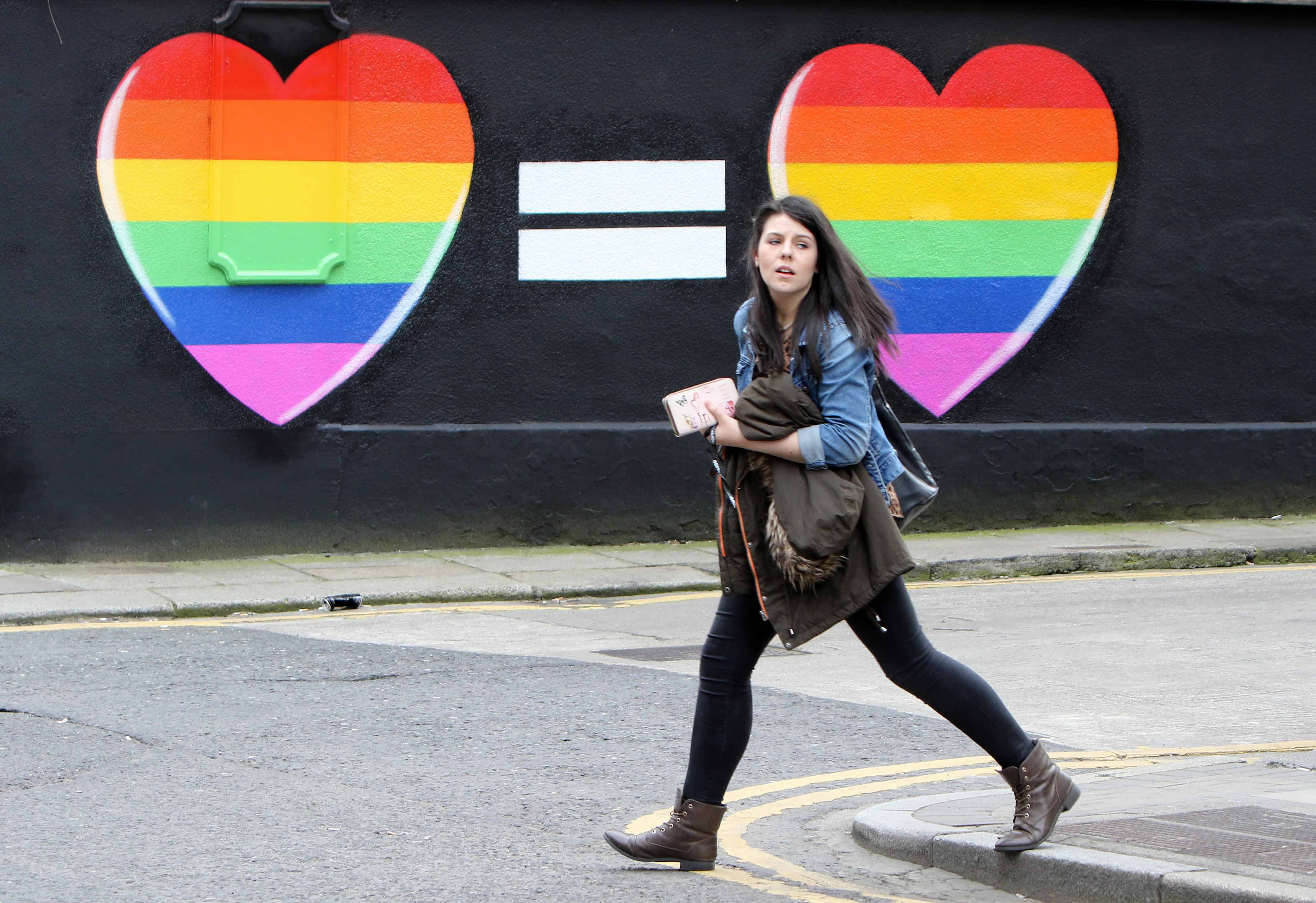Panama’s Supreme Court has ruled that same-sex marriage is not a human right and the country therefore does not have to recognize such unions, according to a judgement published Wednesday.
The court had been considering the issue since 2016, following several appeals from same-sex couples claiming the Central American country’s family code was unconstitutional as it only recognizes marriages between a man and a woman.
“There is a reality, and it is that, until now, the right to equal marriage is no more than an aspiration, even though a legitimate one for the groups involved, and it does not fall into the category of a human right or a fundamental right,” said the court, in the ruling dated February 16.
The same-sex couples who filed suit were attempting to have marriages that took place in other countries be legally recognized in Panama.
The court, however, said, “no matter how many changes happen in reality,” for now gay marriage “lacks conventional and constitutional recognition.”
The court added the family code was “objectively and reasonably justified in the general interests of giving precedence to those unions capable of establishing families, giving continuity to the human species, and therefore, to society.”
The Catholic Church, which opposes same-sex marriage, holds significant political influence in Panama.
The Interamerican Court of Human Rights ruled in 2018 that same-sex couples are entitled to the same marriage rights as opposite-sex couples, in a binding judgement that applied to all of the court’s members, including Panama.
However, Costa Rica remains the only Central American country to recognize same-sex marriages.
With the February 16 ruling, the Panamanian justice system “has rejected the recognition of the dignity of same-sex couples and their right to build a family in Panama,” Ivan Chanis, president of the gay rights organization Fundacion Iguales, he said.






